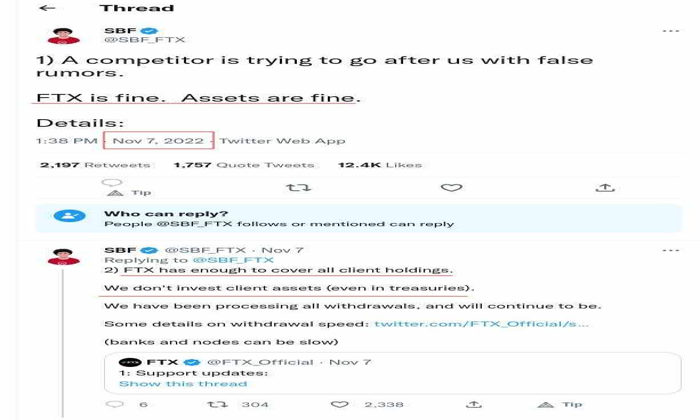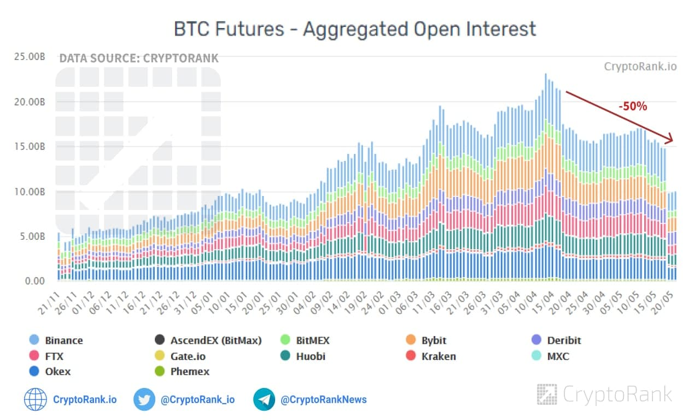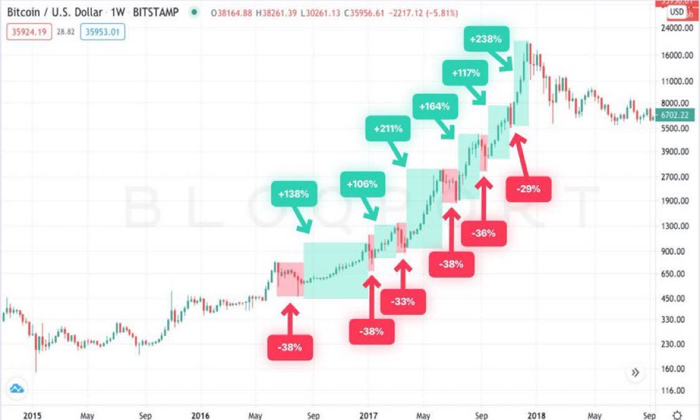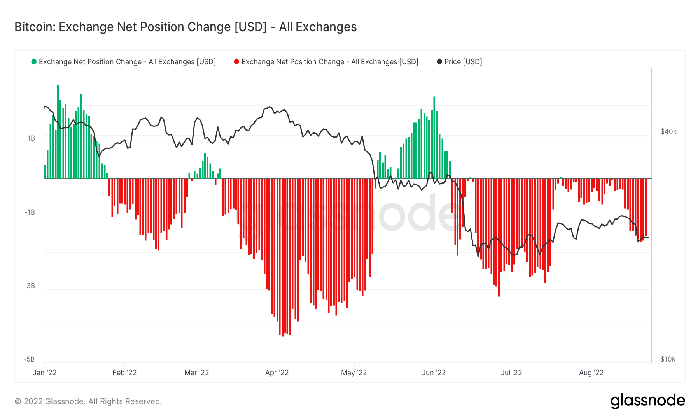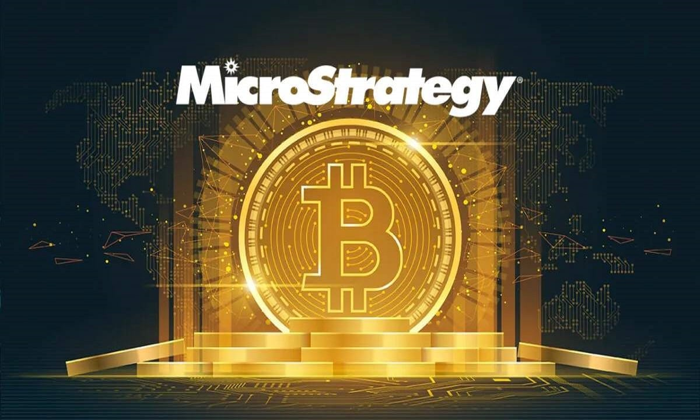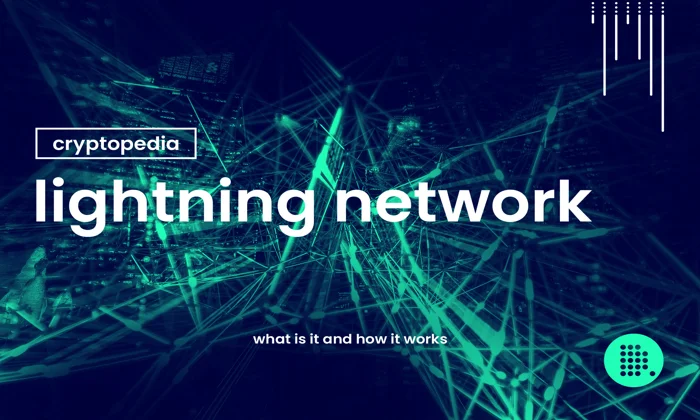Sam Bankman-Fried prison tweets have recently stirred up a whirlwind of discussions online, as the former FTX CEO shares his thoughts from behind bars. His remarks, made public on Elon Musk’s X platform, mark a significant return to social media after a two-year hiatus that followed the dramatic collapse of FTX. In these tweets, Bankman-Fried aligns himself with the government layoffs initiative inspired by Musk’s DOGE efficiency philosophy, suggesting that organizational failures often lead to employee dismissals rather than individual shortcomings. He empathizes with those affected by job cuts, shedding light on the complexities of workforce management and the emotional toll of unemployment. As he navigates the digital landscape from prison, these insights not only reflect his personal experiences but also reignite conversations around the broader implications of corporate governance and public sector reforms.
In a surprising turn of events, Sam Bankman-Fried has taken to social media to voice his thoughts on current workforce dynamics, even from the confines of prison. These recent comments come in the wake of significant layoffs across various government sectors, a trend linked to the efficiency-driven strategies advocated by influential figures like Elon Musk. Through his tweets, Bankman-Fried highlights the intricate relationship between management practices and employee stability, suggesting that failures in leadership often contribute to job losses. His reflections resonate with ongoing debates about the impact of economic shifts on labor markets and the responsibilities of organizations toward their workforce. As he seeks a potential pardon, Bankman-Fried’s commentary not only sheds light on his perspective but also raises questions about the future of employment practices in both private and public sectors.
Sam Bankman-Fried’s Prison Tweets: A Reflection on Workforce Management
Sam Bankman-Fried has recently resumed tweeting from prison, stirring conversations about workforce dynamics amidst his incarceration. His latest tweets on Elon Musk’s X platform provide insight into his views on government layoffs and the challenges faced by employees during turbulent times. He reflects on the emotional toll of job loss, suggesting that dismissals are often more about management failures than employee shortcomings. This perspective aligns with his experiences of being cut off from communication, emphasizing the importance of staying connected during crises.
In his observations, SBF highlights the disconnect between employee capabilities and organizational demands, echoing sentiments seen throughout the tech industry, especially following high-profile layoffs. His comments resonate with the wave of terminations instigated by Musk’s DOGE initiative, where agencies such as the Department of Defense and the National Park Service faced significant cutbacks. By advocating for a more compassionate approach to workforce transitions, Bankman-Fried aims to shift the narrative around layoffs from blame to understanding.
The Impact of DOGE Efficiency on Government Layoffs
The Department of Government Efficiency (DOGE), spearheaded by Elon Musk, has created a seismic shift in how federal agencies manage their workforce. With over 200,000 employees affected by layoffs and buyouts, the implications of this initiative are profound. Sam Bankman-Fried’s recent tweets from prison reflect a critical view on these mass terminations, suggesting that the root causes often lie in ineffective management rather than individual performance.
As the landscape of employment in government agencies changes drastically, the efficiency of operations comes under scrutiny. Bankman-Fried’s insights tap into a broader conversation about the necessity of aligning employee strengths with organizational needs. His experiences in the tech sector, especially during the collapse of FTX, highlight the importance of effective management practices, which can prevent the kind of widespread layoffs witnessed under the DOGE initiative.
SBF’s Insights on Management Failures Amidst FTX Collapse
Sam Bankman-Fried’s remarks on management failures are particularly poignant against the backdrop of the FTX collapse. He asserts that the mistakes leading to mass layoffs often stem from poor leadership rather than the actions of employees. This perspective challenges traditional views that place blame on workers, instead advocating for a reassessment of management practices that can lead to better alignment between staff capabilities and organizational goals.
His reflections underscore the need for more robust strategies in personnel management, especially in industries facing rapid change. By sharing his thoughts from prison, SBF not only addresses the human aspect of layoffs but also calls attention to the structural issues that often precipitate such decisions. His experiences serve as a cautionary tale for businesses looking to navigate the complexities of workforce management amidst economic uncertainty.
Elon Musk and the Future of Workforce Dynamics
Elon Musk’s initiatives, particularly the DOGE project, are reshaping the future of workforce dynamics across various sectors. By implementing drastic measures to enhance efficiency, Musk’s approach has led to significant layoffs, prompting discussions about the ethical implications of such actions. Bankman-Fried’s insights echo these concerns, suggesting that while efficiency is crucial, the human cost of such decisions must not be overlooked.
As companies adapt to changing market demands, the balance between operational efficiency and employee welfare becomes increasingly critical. SBF’s prison tweets serve as a reminder of the broader implications of workforce reductions, advocating for a model that prioritizes both productivity and the well-being of employees. The ongoing dialogue around these themes reflects the complexities of modern employment practices and the need for thoughtful management strategies.
The Digital Landscape: Access and Communication from Prison
Sam Bankman-Fried’s ability to tweet from prison raises intriguing questions about digital access and communication rights within correctional facilities. In an age where connectivity is paramount, the contrast between his access to social media and the experience of other incarcerated individuals highlights significant disparities in the prison system. SBF’s tweets not only provide insights into his thoughts but also challenge the norms surrounding communication access for inmates.
This scenario underscores the evolving conversation about technology in correctional environments. As more inmates gain access to digital platforms, the implications for transparency and accountability become more pronounced. Bankman-Fried’s case may catalyze discussions about reforming communication policies in prisons, potentially leading to a more connected and informed inmate population.
Revisiting the Narrative of Unemployment and Job Loss
In his recent tweets, Sam Bankman-Fried has reframed the narrative surrounding unemployment, emphasizing that job loss often results from systemic issues rather than personal failings. This perspective is particularly relevant in light of the current wave of government layoffs, as seen in the aftermath of Musk’s DOGE efficiency initiative. His comments suggest a need for society to rethink how we address the stigma of unemployment and support displaced workers.
By advocating for a more compassionate understanding of layoffs, SBF contributes to a growing discourse about the importance of management accountability and employee support. His insights encourage a broader conversation about the role of organizations in fostering job security and the necessity for effective communication during times of transition. This nuanced approach could lead to more humane policies that better accommodate the needs of employees.
The Broader Implications of the FTX Collapse
The collapse of FTX serves as a cautionary tale in the financial sector, with implications that extend beyond the immediate fallout. Sam Bankman-Fried’s reflections from prison highlight the interconnectedness of management practices, employee wellbeing, and organizational resilience. As he grapples with the consequences of his firm’s failure, his insights shed light on the lessons that can be learned to prevent similar disasters in the future.
Understanding the factors that contributed to the FTX collapse can help other companies avoid repeating the same mistakes. Bankman-Fried’s emphasis on management responsibility resonates with the ongoing discussions about corporate governance and ethical leadership. His tweets serve not only as a personal reflection but also as a broader commentary on the need for accountability in the financial industry.
The Role of Leadership in Navigating Economic Challenges
Leadership plays a pivotal role in guiding organizations through economic challenges, a fact underscored by Sam Bankman-Fried’s recent tweets. He emphasizes the importance of effective management in mitigating the impact of layoffs, suggesting that leaders must be prepared to navigate the complexities of workforce transitions. His insights reflect a growing recognition of the need for empathetic leadership in times of crisis.
As economic landscapes continue to shift, the ability of leaders to adapt and support their teams becomes increasingly critical. Bankman-Fried’s experiences offer valuable lessons for current and future leaders, highlighting the need for strategic thinking and compassion in decision-making. By fostering a culture of understanding and support, organizations can better weather the storms of economic uncertainty.
Exploring the Future of Clemency and Pardon Initiatives
Sam Bankman-Fried’s legal battles and ongoing discussions about potential clemency reflect broader trends in the justice system regarding pardons and second chances. His case has attracted significant media attention, prompting conversations about the fairness of sentencing and the possibility of rehabilitation. By tweeting from prison, SBF has kept his narrative alive, engaging the public in discussions about justice and accountability.
The complexities surrounding clemency initiatives highlight the importance of evaluating each case on its own merits. As society grapples with issues of justice reform and the implications of long prison sentences, Bankman-Fried’s situation provides a unique lens through which to examine these themes. His case may ultimately serve as a catalyst for change, encouraging a reevaluation of how we address crime and punishment in the modern era.
Frequently Asked Questions
What are Sam Bankman-Fried’s recent prison tweets about government layoffs?
Sam Bankman-Fried’s recent prison tweets discuss his views on government layoffs, emphasizing that dismissals are often not the employee’s fault but rather the result of poor management and inadequate roles within organizations.
How do Sam Bankman-Fried’s tweets from prison relate to DOGE efficiency?
In his tweets from prison, Sam Bankman-Fried aligns with the DOGE efficiency philosophy by criticizing inefficient management in government bodies and suggesting that layoffs can stem from deeper organizational issues.
What insights does Sam Bankman-Fried provide on workforce management in his prison tweets?
Sam Bankman-Fried’s prison tweets provide insights on workforce management, where he argues that ineffective management leads to layoffs and that companies struggle with workforce transitions, particularly when teams lose focus.
What impact did Sam Bankman-Fried’s tweets have on discussions around the FTX collapse?
Sam Bankman-Fried’s tweets from prison contribute to discussions around the FTX collapse by reiterating his claim that the situation was caused by a liquidity crisis, not insolvency, while also reflecting on broader industry trends.
Are Sam Bankman-Fried’s tweets from prison gaining attention on Elon Musk’s X platform?
Yes, Sam Bankman-Fried’s tweets from prison are gaining attention on Elon Musk’s X platform, as they mark his return to social media after a long silence and address significant topics like workforce management and government efficiency.
What are the implications of Sam Bankman-Fried’s tweets on future government policies?
Sam Bankman-Fried’s tweets suggest implications for future government policies, particularly regarding workforce management and efficiency, as he critiques current practices and aligns himself with initiatives like Elon Musk’s DOGE efficiency.
How does Sam Bankman-Fried’s situation influence his perspective on layoffs?
Sam Bankman-Fried’s personal experience with incarceration influences his perspective on layoffs, leading him to express sympathy for affected workers and to highlight the challenges of workforce transitions due to management failures.
| Key Points |
|---|
| Sam Bankman-Fried (SBF) resumed tweeting from prison after over two years of silence, sharing thoughts on workforce management and industry trends. |
| He expresses sympathy for government employees, linking it to his own lack of access to communication while incarcerated. |
| SBF argues that layoffs are often due to poor management rather than employee performance, stating that unemployment is more stressful than it seems. |
| He cites the challenges companies face in managing workforce transitions, highlighting how mismanagement can lead to loss of focus. |
| His comments coincide with Elon Musk’s DOGE initiative, which has led to significant layoffs in government sectors, affecting over 200,000 employees. |
| SBF’s tweets raise questions about digital communication access in prisons and his ongoing legal battles for a potential pardon. |
Summary
Sam Bankman-Fried prison tweets reveal his reflections on workforce management and government employment policies from behind bars. After a long silence, these tweets shed light on his views regarding layoffs, management inefficiencies, and the challenges faced by employees, resonating with the current sentiments surrounding large-scale job reductions in federal agencies. As he seeks to align himself with influential figures like Elon Musk and explore avenues for clemency, his online presence raises important discussions about the intersection of digital access and incarceration, alongside ongoing legal implications stemming from his past with FTX.
Sam Bankman-Fried prison tweets have sparked significant interest as he shares his thoughts from behind bars. After a lengthy silence following the FTX collapse, his recent posts on Elon Musk’s X platform reveal a surprising alignment with the DOGE efficiency philosophy. In these tweets, he highlights the challenges faced by government employees, particularly in light of recent government layoffs impacting around 200,000 positions. Bankman-Fried’s reflections delve into the complexities of workforce management, asserting that layoffs often stem from inadequate management rather than employee shortcomings. As he navigates life in prison, his tweets not only provide insight into his mindset but also hint at his ongoing quest for redemption and understanding in a turbulent financial landscape.
The recent communications from Sam Bankman-Fried, made while he is incarcerated, have generated considerable buzz and intrigue. Known for his controversial role in the FTX debacle, Bankman-Fried’s remarks touch on critical issues such as government layoffs and management inefficiencies. His reflections, shared via social media platforms, suggest a broader contemplation of workforce dynamics and the impact of leadership on employee stability. Additionally, his alignment with current initiatives like Elon Musk’s DOGE efficiency campaign indicates a strategic approach to reframe his narrative. As discussions about his potential pardon continue, these tweets may reveal more than just his personal struggles—they could also shed light on the evolving landscape of corporate governance and employee relations.
